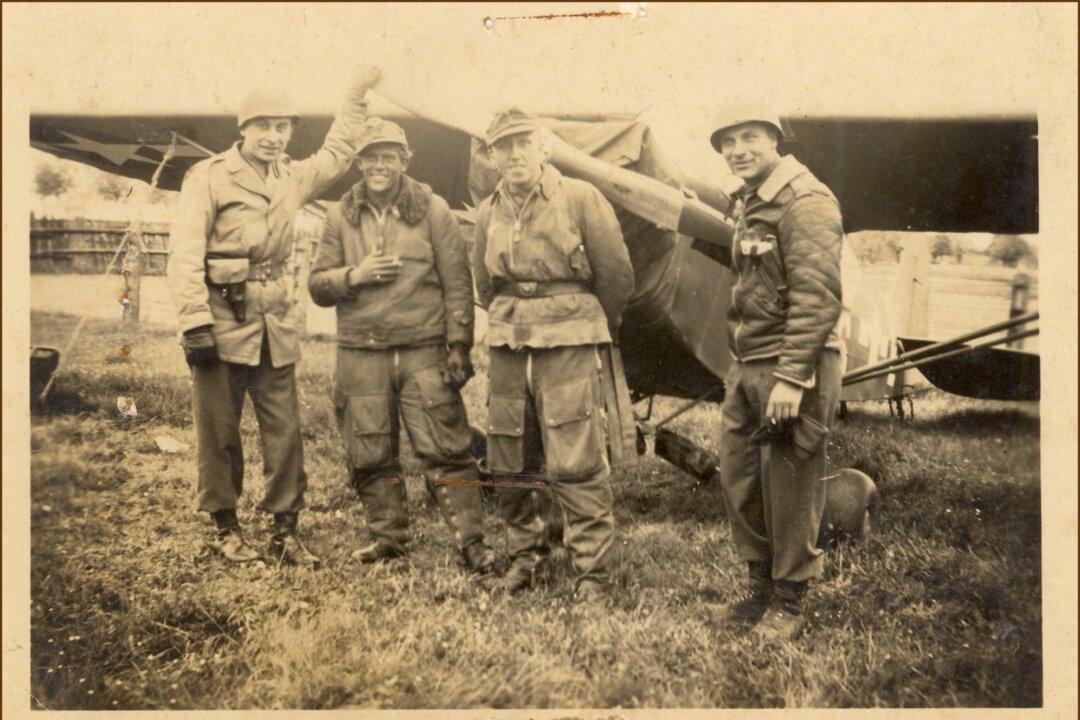Six months before he was born, Conor McDonald’s father, Steven McDonald, a New York City police officer, was shot three times by a 15-year-old, leaving him paralyzed from the neck down and unable to breathe without a ventilator.
The elder McDonald spent the next 30 years as a respirator-dependent quadriplegic and a constant reminder to his only child of the dangers that New York police officers face every day. This, however, didn’t stop Conor from joining the very department in which his father served.
Beginnings
The story begins in 1984, when Steven graduated from the NYPD academy. A year later, he married Patti Ann Norris and the couple rented a one-bedroom apartment in her hometown of Malverne, Long Island. Both came from large, Irish Catholic families and planned to create one of their own.
In April, the plan was in motion, with their first child due in January 1987.
All that changed on July 12, 1986, when Steven and his partner approached three teens in Central Park regarding some recent bicycle thefts. Shavod Jones, the eldest of the three, shot Steven with a handgun, leaving him not only paralyzed and on a ventilator, but unable to speak.
Patti gave birth to Conor on Jan. 29, 1987, at Mercy Hospital on Long Island, as Steven lay at Belleview Hospital in Manhattan.
At the time, “internet” and “FaceTime” weren’t even words yet. However, there was new technology available that enabled Steven to see an image of his son moments after he was born.






